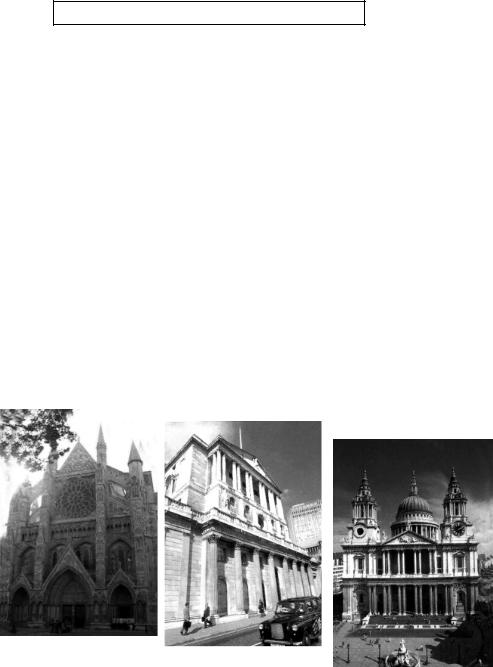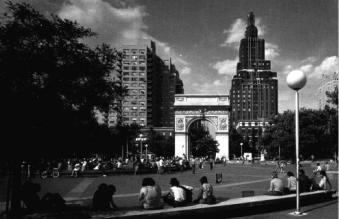a pair of electronic eyes looks left and right, reminding pedestrians to look both ways for oncoming cars.
CUhm…it’s clear that engineers are going in the right direction. And what devices are especially helpful for older
walkers?
HThat’s a microwave detector. You know, new studies show that we typically walk 4 feet per second and the elderly walk
about 2.8 feet per second. If a pedestrian is lagging behind others, the walk signal automatically adds about 5 seconds to its cycle.
CThank you, very much.
28. Tasks.
a) Find the sentences in the text with the words and phrases below. Translate them into Russian.
Was depressed, adds about 5 seconds to its cycle, there have to be better ways, a walkway, don’t get false alarms, operate only when, to feel safe, …starts a digital countdown, are going in the right direction, helpful.
b)Complete the pre text task.
c)Suggest Russian equivalents for the names of the American devices.
a lighting system – a countdown sign – electronic eyes – a microwave detector –
___________ ___________ __________ _______________
___________ ___________ __________ _______________
d) Scan the text and say:
how each of these things works; what are its good points;
what companies produce the device;
what cities have it / are planning to install it.
e)Give a brief summary of the text. Say if any of the facts you’re talking about is new to you.
f)Decide which of these headlines best reflects the main idea of the text. Give your reasons.



